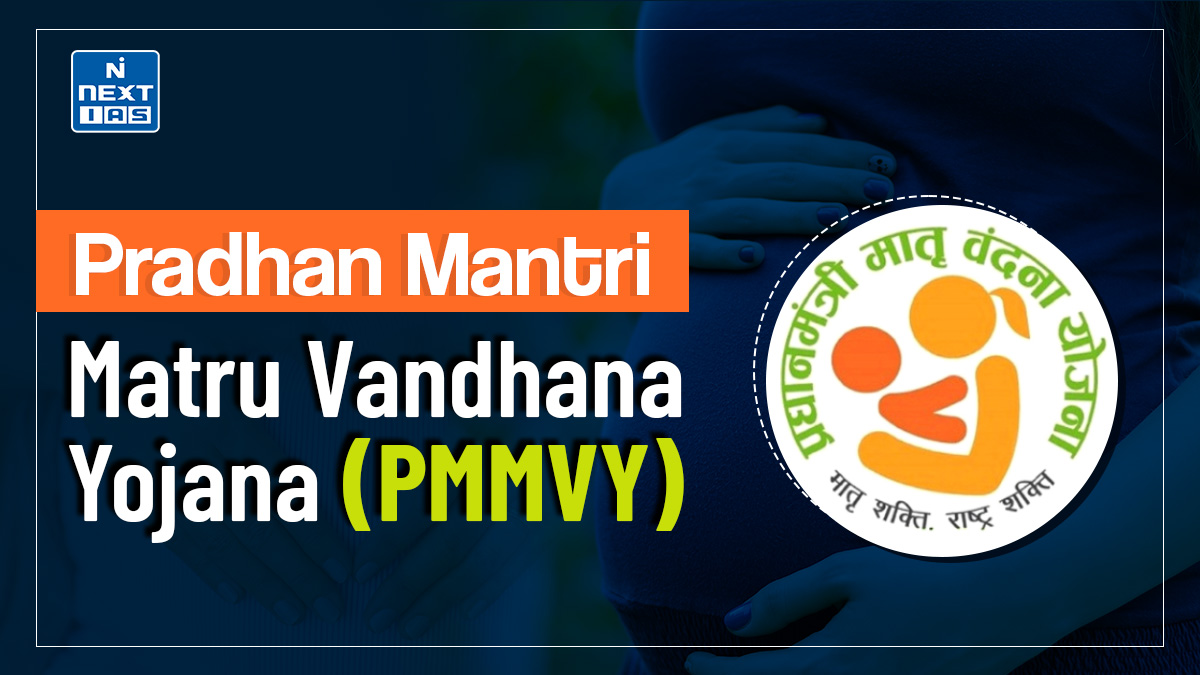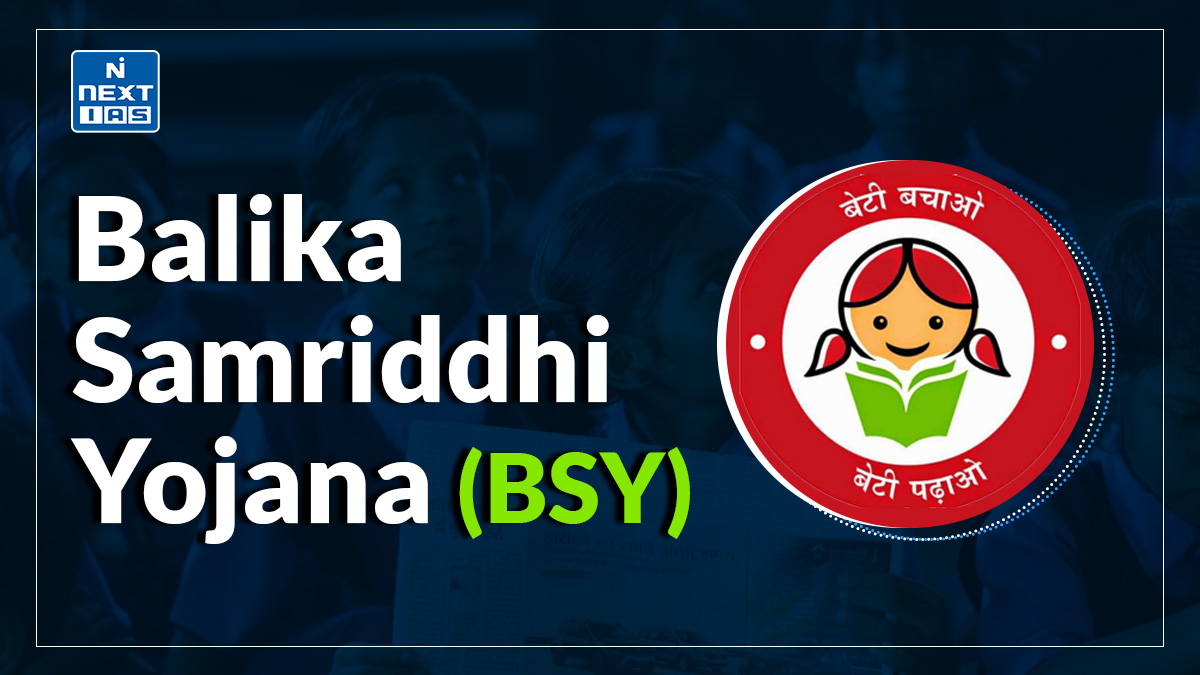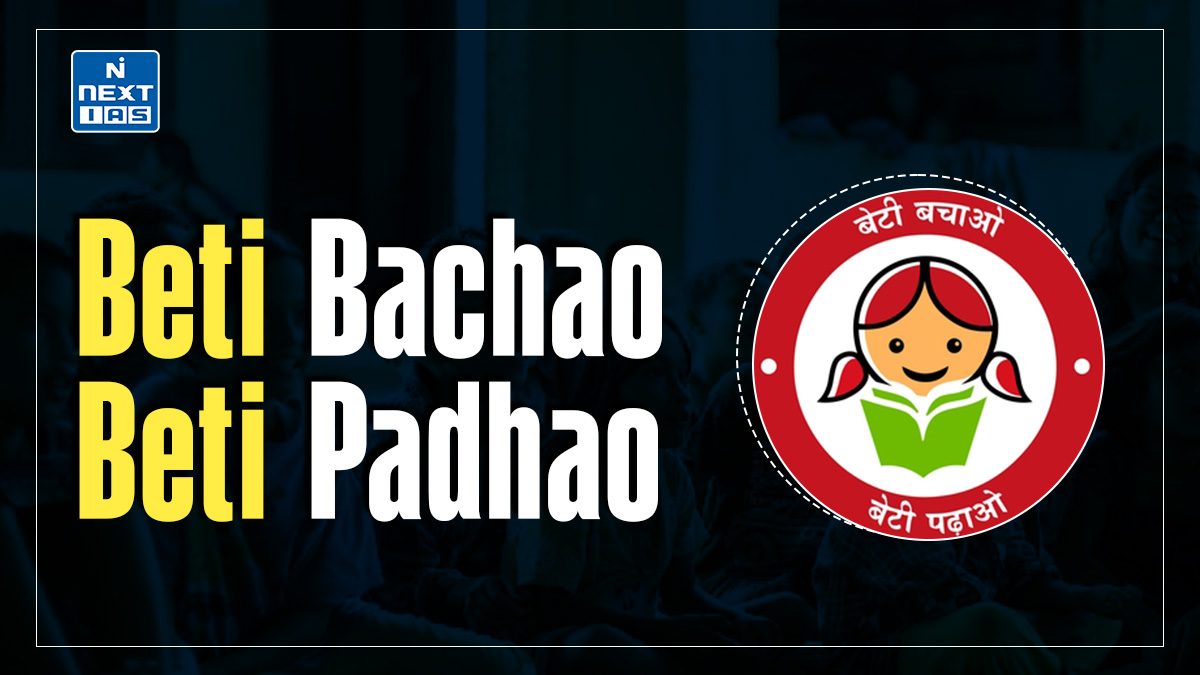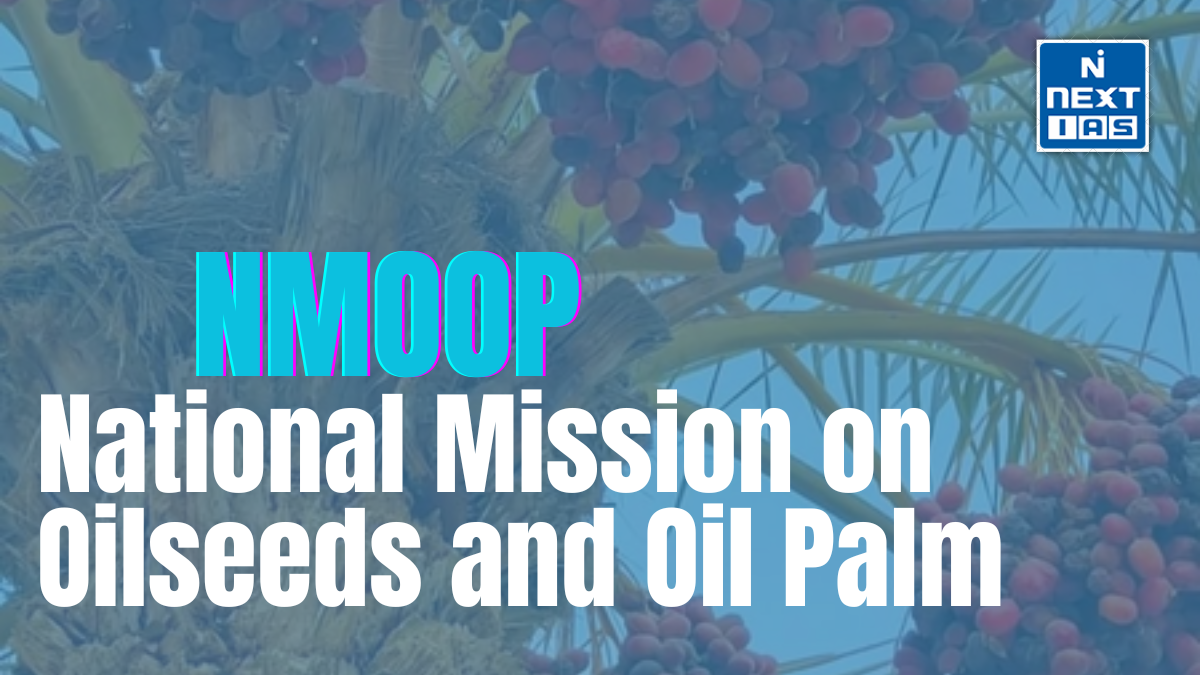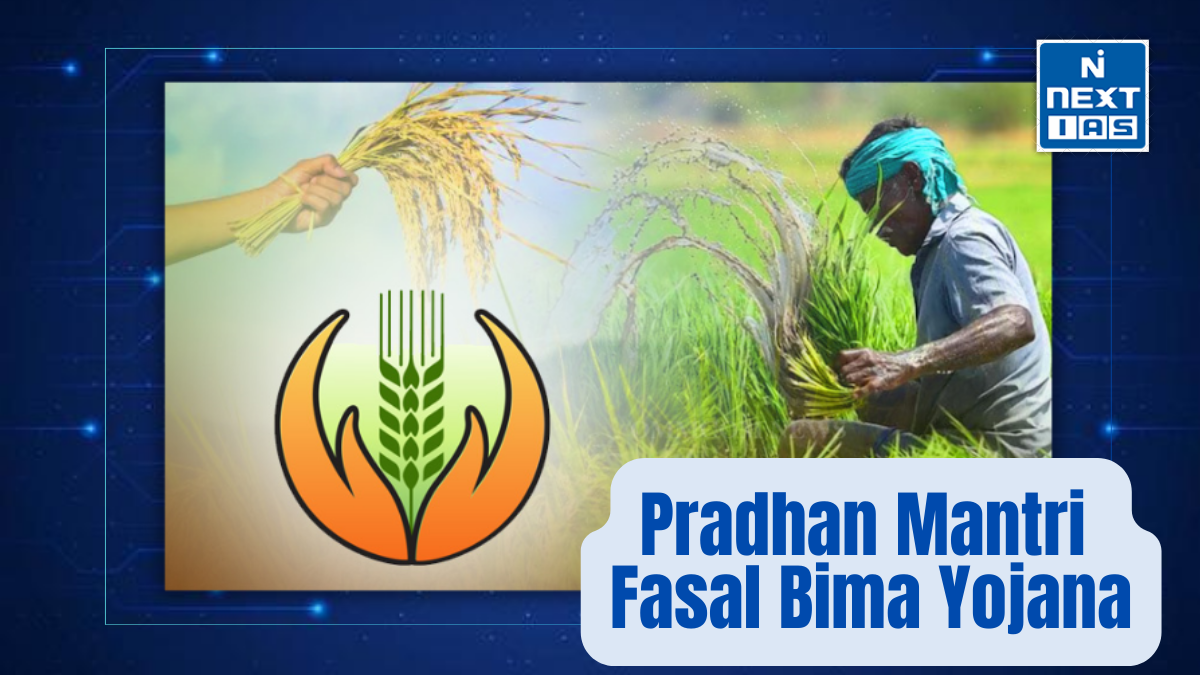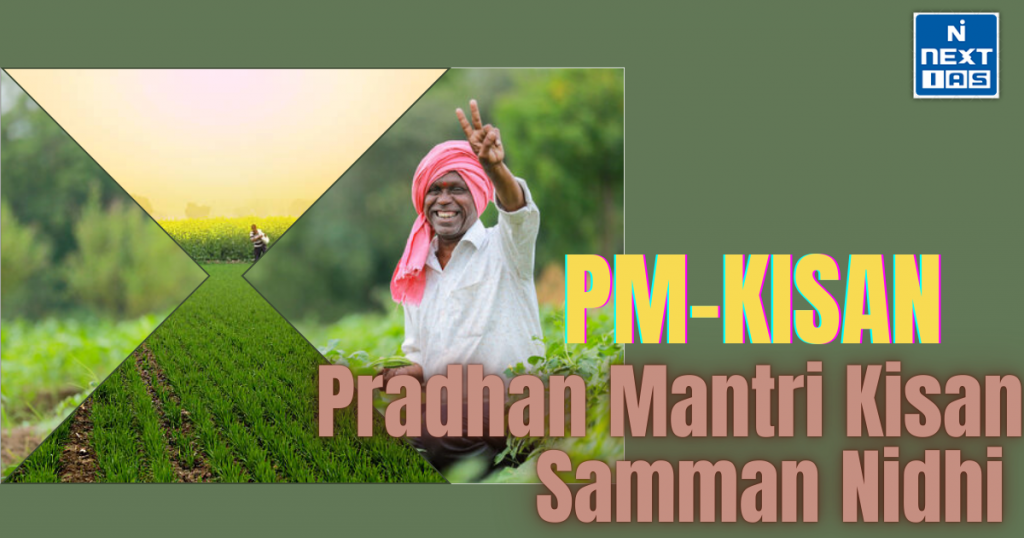
Pradhan Mantri Kisan Samman Nidhi (PM-KISAN) is a central government scheme launched in 2019 to support farmers. It provides ₹6,000 annually in three installments to small and marginal farmers, directly transferred to their bank accounts. PM-KISAN aims to enhance farmers’ income, ensure financial stability, and promote agricultural growth in India.
About the Pradhan Mantri Kisan Samman Nidhi (PM-KISAN)
- Pradhan Mantri Kisan Samman Nidhi (PM-KISAN) is a flagship welfare scheme launched by the Government of India in February 2019 to provide financial support to small and marginal farmers.
- Under the scheme, eligible farmer families receive ₹6,000 annually in three equal installments of ₹2,000 each, directly transferred to their bank accounts. This initiative aims to supplement farmers’ income and enable them to meet agricultural and household expenses.
- PM-KISAN is targeted at improving the financial stability of farmers, particularly those with limited landholdings, thereby promoting rural economic development.
- The scheme eliminates intermediaries by leveraging the JAM Trinity (Jan Dhan, Aadhaar, and Mobile), ensuring transparency and efficiency in fund transfers. Additionally, it supports the government’s broader vision of doubling farmers’ income and reducing rural distress.
- By providing direct income support, PM-KISAN has emerged as a crucial step in addressing agricultural challenges and empowering the backbone of India’s economy—its farmers.
Features of the Pradhan Mantri Kisan Samman Nidhi (PM-KISAN)
The Pradhan Mantri Kisan Samman Nidhi (PM-KISAN) is a flagship government scheme designed to support small and marginal farmers by providing them with financial assistance. Below are its key features:
- Direct Income Support: PM-KISAN provides eligible farmers with an annual financial benefit of ₹6,000, disbursed in three equal installments of ₹2,000 each. The funds are directly transferred to the beneficiaries’ bank accounts through the Direct Benefit Transfer (DBT) system, ensuring transparency and efficiency.
- Eligibility Criteria: Initially, the scheme targeted small and marginal farmers with up to 2 hectares of cultivable land. However, it was later extended to cover all farmer families irrespective of landholding size, subject to certain exclusions.
- Exclusion Categories: Institutional landholders, government employees, income tax payers, and professionals such as doctors and engineers are excluded from the scheme. Retired pensioners receiving monthly pensions above ₹10,000 are also ineligible.
- Objective: The scheme aims to supplement farmers’ income to help them meet agricultural and household expenses. It also seeks to reduce their dependence on informal credit and improve their overall financial stability.
- Implementation: PM-KISAN is implemented by the Ministry of Agriculture and Farmers’ Welfare in collaboration with state governments, which are responsible for identifying beneficiaries.
- Impact: The scheme benefits over 12 crore farmers across India, contributing to rural economic growth and agricultural sustainability. It has also improved financial inclusion by promoting bank account usage among rural populations.
PM-KISAN is a crucial step toward ensuring income security and empowering India’s agricultural sector.
Objectives of the Pradhan Mantri Kisan Samman Nidhi (PM-KISAN)
The Pradhan Mantri Kisan Samman Nidhi (PM-KISAN) scheme aims to provide direct income support to small and marginal farmers across India. Launched in February 2019, its primary objectives are as follows:
- Financial Assistance to Farmers: PM-KISAN seeks to provide ₹6,000 annually to farmers in three equal installments. This direct financial support helps farmers meet agricultural and household expenses, reducing their reliance on high-interest loans or informal credit systems.
- Ensuring Farmer Welfare: By offering direct monetary assistance, the scheme enhances farmers’ income, ensuring economic stability for millions of farming families. This support is crucial for sustaining their livelihoods, especially during periods of financial distress.
- Promoting Agricultural Development: PM-KISAN encourages investment in agriculture by providing farmers with financial resources to purchase seeds, fertilizers, tools, and other essentials, ultimately improving productivity and ensuring food security.
- Bridging Rural Inequalities: The scheme focuses on uplifting rural communities by addressing the economic disparities faced by small and marginal farmers, thereby promoting inclusive growth in the agricultural sector.
- Direct Benefit Transfer (DBT): Through Aadhaar-linked accounts, PM-KISAN ensures transparent and timely transfer of funds, eliminating middlemen and leakages in the process.
In summary, PM-KISAN aims to empower farmers, strengthen the agricultural sector, and improve rural livelihoods. By reducing financial burdens and supporting agricultural growth, it contributes to building a self-reliant and sustainable farming ecosystem.
Significance of the Pradhan Mantri Kisan Samman Nidhi (PM-KISAN)
- The Pradhan Mantri Kisan Samman Nidhi (PM-KISAN) scheme holds immense significance in transforming the agricultural sector and uplifting the socio-economic status of farmers in India.
- Launched in 2019, it provides direct financial assistance to small and marginal farmers, addressing their immediate needs and ensuring a steady income source. Under the scheme, ₹6,000 per year is directly transferred into the bank accounts of eligible farmers in three equal installments, ensuring transparency and reducing leakages in fund distribution.
- One of the key impacts of PM-KISAN is its contribution to financial inclusion. By mandating bank accounts for beneficiaries, it integrates farmers into the formal financial system, enabling them to access other financial services such as credit, insurance, and savings schemes. This enhances their economic resilience and reduces dependence on informal and exploitative credit sources.
- The scheme also empowers farmers by alleviating their financial burdens, particularly during critical agricultural seasons.
- It provides them with additional resources to invest in seeds, fertilizers, and other inputs, boosting productivity and promoting sustainable agricultural practices. Moreover, it acts as a safety net for farmers facing income volatility due to market fluctuations, climate change, or crop failures.
- PM-KISAN aligns with the government’s vision of doubling farmers’ income and strengthening rural development.
- By addressing the economic vulnerabilities of farmers, it promotes rural empowerment, reduces poverty, and contributes to the overall growth of the agricultural sector, making it a cornerstone of India’s welfare and development policies.
Lacunae of the Pradhan Mantri Kisan Samman Nidhi (PM-KISAN)
The Pradhan Mantri Kisan Samman Nidhi (PM-KISAN) scheme, while revolutionary in supporting small and marginal farmers, has several lacunae that hinder its effectiveness.
- Exclusion Errors: Many eligible farmers are left out due to issues with data accuracy, outdated land records, or lack of awareness about the scheme. Conversely, cases of ineligible beneficiaries, such as government employees and affluent farmers, receiving benefits highlight inclusion errors.
- Landholding-Based Eligibility: The scheme primarily targets landowners, excluding tenant farmers, sharecroppers, and landless agricultural laborers who form a significant portion of the farming community. These groups often face acute financial challenges but do not benefit from PM-KISAN.
- Limited Financial Support: The annual assistance of ₹6,000 per farmer is considered insufficient to address the rising costs of agricultural inputs, irrigation, and equipment, leaving farmers still vulnerable to financial distress and debt.
- Dependence on Aadhaar and Bank Accounts: While direct benefit transfers ensure transparency, the reliance on Aadhaar-linked bank accounts creates barriers for farmers in remote areas with limited access to banking facilities or connectivity issues.
- Lack of Focus on Structural Issues: The scheme provides immediate financial aid but does not address deeper systemic challenges like poor market linkages, inadequate irrigation infrastructure, or fluctuating crop prices, which affect farmers’ incomes in the long term.
Addressing these lacunae through better targeting, inclusion of tenant farmers, and enhanced support would ensure the scheme delivers equitable and sustainable benefits to India’s farming community.
Key Pointers of the Pradhan Mantri Kisan Samman Nidhi (PM-KISAN) Scheme for UPSC CSE Prelims
- Launch Year: PM-KISAN was launched on 24th February 2019 by the Government of India.
- Objective: To provide income support to small and marginal farmers to supplement their financial needs and encourage agricultural growth.
- Eligibility: Initially targeted at small and marginal farmers (landholding ≤2 hectares), later extended to all farmer families (excluding institutional landholders, government employees, etc.).
- Financial Assistance: Provides ₹6,000 per year to eligible farmers in three equal installments of ₹2,000 each.
- Mode of Transfer: Direct Benefit Transfer (DBT) directly into the beneficiary’s bank accounts.
- Funding: Fully funded by the Central Government.
- Definition of Family: Includes a farmer, their spouse, and minor children.
- Exclusions:
- Institutional landholders.
- Government employees and taxpayers.
- Professionals like doctors, engineers, and lawyers.
- Aadhaar Linkage: Aadhaar is mandatory for beneficiaries to ensure transparency and eliminate duplication.
- Implementation: Managed by the Ministry of Agriculture and Farmers’ Welfare.
- Portals: Implementation monitored through the PM-KISAN Portal for transparency.
- Significance: Aims to reduce farmers’ dependency on informal credit and promote financial inclusion in rural areas.
- Associated Benefits: Complements other schemes like Kisan Credit Card (KCC) and Soil Health Card.
Way Forward
To enhance PM-KISAN’s impact, the scheme should integrate with farm sustainability initiatives, extend coverage to tenant farmers, and ensure efficient grievance redressal. Strengthening digital infrastructure for accurate beneficiary targeting, promoting financial literacy, and linking payments to agricultural reforms can further empower farmers and drive long-term rural and agricultural development.
Conclusion
Pradhan Mantri Kisan Samman Nidhi (PM-KISAN) has significantly contributed to the financial empowerment of farmers, ensuring timely income support for their agricultural needs. By addressing rural economic challenges and fostering agricultural development, the scheme strengthens India’s commitment to farmer welfare, boosting their confidence and contributing to the nation’s inclusive growth.
